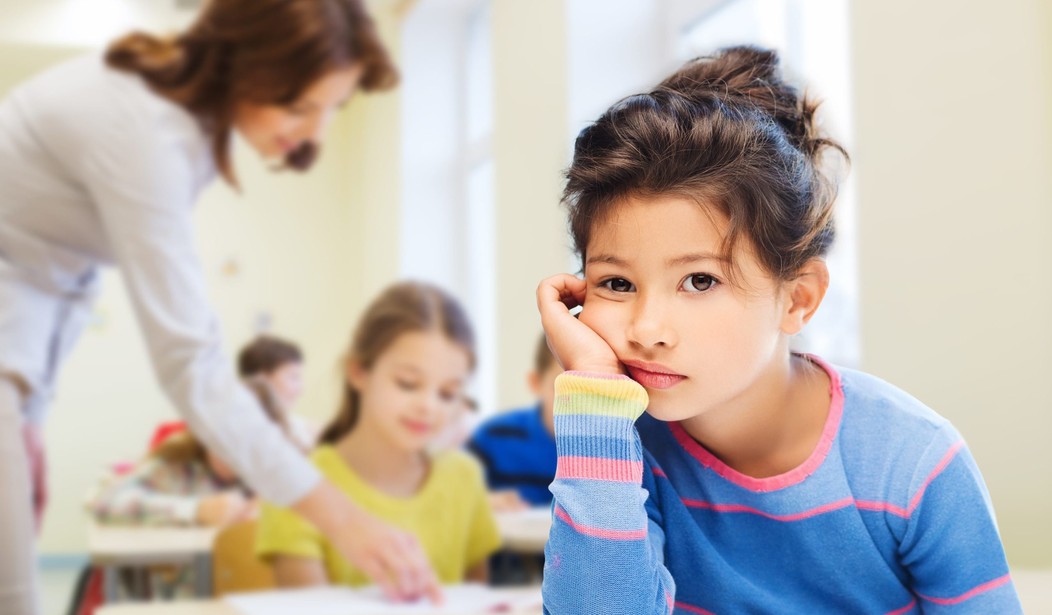Most parents would say their child’s ability to wait patiently for a reward is a sign of maturity. However, for three generations now, a preschooler’s ability to delay gratification has been seen by the scientific community as a predictor of future success. The belief is based on an experiment known as the “marshmallow test,” first conducted by Stanford psychologist Walter Mischel in the 1960s. The America Psychological Association described the test:
Mischel and his colleagues presented a preschooler with a plate of treats such as marshmallows. The child was then told that the researcher had to leave the room for a few minutes, but not before giving the child a simple choice: If the child waited until the researcher returned, she could have two marshmallows. If the child simply couldn’t wait, she could ring a bell and the researcher would come back immediately, but she would only be allowed one marshmallow.
Recently undertaken again by researchers from NYU and UC Irvine, the re-test replicated many of the results from the original. Researchers’ interpretation of the results, however, has changed significantly. Instead of seeing delayed gratification as a predictor of future success, scientists are now attributing the all-important trait to socioeconomic background. In turn, we’re now being told that a child’s race and economic class, not his or her intellectual ability, will predict future success. The real question is: Is this science or politics being fed to the masses?
According to The Atlantic:
This new paper found that among kids whose mothers had a college degree, those who waited for a second marshmallow did no better in the long run—in terms of standardized test scores and mothers’ reports of their children’s behavior—than those who dug right in. Similarly, among kids whose mothers did not have college degrees, those who waited did no better than those who gave in to temptation, once other factors like household income and the child’s home environment at age 3 (evaluated according to a standard research measure that notes, for instance, the number of books that researchers observed in the home and how responsive mothers were to their children in the researchers’ presence) were taken into account. For those kids, self-control alone couldn’t overcome economic and social disadvantages.
Researchers reasoned that poorer children preferred instant gratification because they didn’t know where their next meal was coming from, or that their parents had the tendency to treat them to small things on payday versus saving and waiting for bigger rewards.
This economic theory directly impacts education, or so it would seem. A report on the marshmallow re-test published in the L.A. Times noted that more than half of preschool-aged children attend “schools that [stress] social skills and self-control as cornerstones of educational readiness.” Poor kids who don’t attend preschool are simply unable to learn how to wait patiently for a reward. (Am I the only one sensing another push for federally-funded preschool coming down the line?)
It is fair to observe that the majority of the children who were able to delay gratification the longest came from better socioeconomic backgrounds. It is also important to note, though, that additional research indicates “that poorer parents try to indulge their kids when they can, while more-affluent parents tend to make their kids wait for bigger rewards.” The Atlantic views this fact as a reason to pity the poor, concluding, “And for poor children, indulging in a small bit of joy today can make life feel more bearable, especially when there’s no guarantee of more joy tomorrow.”
That’s a bit patronizing, don’t you think?
We aren’t talking Dickensian conditions of the workhouse here. We’re talking about the working and lower-middle classes. Yes, they might live paycheck to paycheck, but they are making money. What you’re telling me is that they’re choosing to waste their money instead of saving it to put towards preschool or other learning tools to enhance their child’s chances of success in life. Should that be pitied, or should we pity the children who are taught to rejoice in a lollipop today instead of waiting to go to school in September?
The marshmallow re-test is the latest in a series of psychological studies illustrative of a “replication crisis.” In other words, replications of famous experiments are showing different results. The difference, however, is often attributed to the consideration of a child’s socioeconomic background. Previous generations of psychologists did not factor in a child’s race or economic class when performing tests. Probably because they were performed prior to the cultural implementation of affirmative action and political correctness. The original tests were performed when Americans blindly assumed that anyone, regardless of race or financial status, could pull themselves up by the bootstraps and make it big. Now, being forced to consider race and class as a part of every study has thrown the psychological community into crisis mode. What if everything we ever thought was wrong? More like, what if you’re thinking about everything the wrong way?
The bias inherent in attributing everything to a person’s race and financial status won’t be limited to this new collection of research. New results will be cited by politicians looking to fund programming. The argument will go like this: Researchers conclude that the marshmallow re-test indicates that children will have a better chance at success with a preschool education. Therefore, statistics showing the gross failure of Head Start will be pushed aside in favor of newer, more “updated” results. And, voila! The universal preschool can of worms is opened once more, freshly fueled by data that is easily manipulated through a political lens. It’s a scientific case of wagging the dog that exhausts us and drives us mad until we give in.
I wonder if they’ll ever start teaching Orwell in preschool. After all, kids like nature. I bet Animal Farm would be a hit.









Join the conversation as a VIP Member